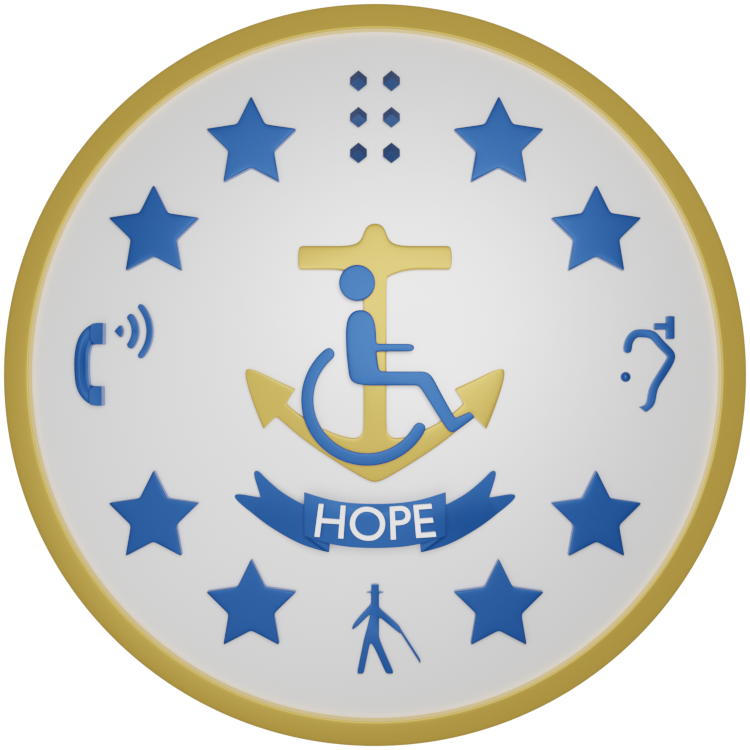Accessible Communication
The government must provide communication with individuals with disabilities that is as effective as communications with others, unless doing so would be an undue financial or administrative burden or would cause a fundamental alteration of the program. The government entity must provide auxiliary aids and services when they are necessary for effective communication. What "effective communication" means, though, may be different for different situations and individuals. For example, if a person is deaf and is going to a municipal courthouse to pay a parking ticket, because this would just be a routine transaction that would require little back-and-forth communication, it would probably not require the use of a sign language interpreter. Just writing and gesturing could be effective communication under those circumstances for some people. But if the same person wanted to fight the ticket and appear in court to explain why s/he should not have to pay the ticket, there may be a need for a sign language interpreter to effectively communicate, if that is the person's usual means of communication.
It should be noted that this provision of accessible communication also applies to Title III entities, particularly those which deal with complex transactions. For example, an individual that is deaf or hard of hearing that has a question about the weekly sales at a supermarket would generally not require the use of a sign language interpreter, as writing and/or gesturing could be effective for such a routine transaction. However, if this same individual later has a doctor's appointment or a meeting with an attorney, a sign language interpreter may be necessary, depending on the complexity of the matter at hand. In cases where a sign language interpreter is necessary, it is the responsibility of the entity to provide and pay for these services. Likewise, any other auxiliary materials that are necessary, such as large print materials or materials in electronic format, are the responsibility of the entity. However, it is the responsibility of the individual to request the necessary services within a reasonable period of time, so that they may be arranged for.
While the need for a sign language interpreter would rarely cause a fundamental alteration of a government program, there are some cases in which it can happen. For example, if a city operates a planetarium, and a person requests that the lights be left on so that they can see the sign language interpreter, a fundamental alteration of the program would be required, since it's essential that the planetarium is dark so that participants can see the display of lights. Just because the planetarium does not have to leave all of the lights on, however, does not mean that it does not have to try to provide effective communication. Maybe the sign language interpreter could be illuminated by a flash light in a small part of the space without fundamentally altering the program, or the planetarium could offer a transcript of what is being said.
Printed materials that the government provides to other citizens must be made available in other formats so that people who are blind or have low vision can access them. These alternate formats might include large print, Braille, or materials in electronic format. Remember, though, that you may have to request the materials in the format that you need, and to allow time to create the materials in alternate formats. It is also important to note that should a service be provided, such as a sign language interpreter, materials in alternate formats, or even note takers at a community college, the entity is NOT allowed to place a surcharge on the person with a disability, even when there is a cost to the entity for providing the service.
